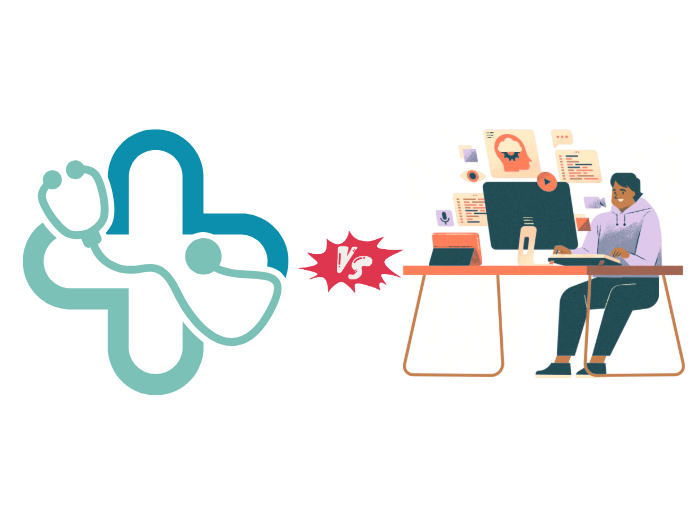
Choosing between medical and engineering as a career path is one of the biggest decisions students in India and around the world face after completing their higher secondary education. Both fields are highly respected, challenging, and offer immense opportunities—but they differ greatly in terms of education journey, lifestyle, career scope, and long-term satisfaction.
In this article, we explore the key differences between medical and engineering careers, their scope, lifestyle implications, and which may be the better fit for you.
1. Educational Path
Medical:
- Requires 5.5 years (MBBS including internship), followed by optional specialization (MD/MS/DNB) which can take another 3–6 years.
- Entrance Exam: NEET (UG)
- Curriculum involves detailed study of human anatomy, physiology, pathology, pharmacology, and more.
- Hands-on training, hospital rotations, and internships are core parts of the learning.
Engineering:
- Requires 4 years for a B.Tech/B.E degree.
- Entrance Exams: JEE Main & Advanced, state-level exams.
- Offers a wide range of specializations: Computer Science, Mechanical, Electrical, Civil, IT, etc.
- Emphasizes problem-solving, technology, mathematics, and innovation.
2. Career Scope & Opportunities
Medical:
- Career options: Doctor (general or specialist), Surgeon, Researcher, Medical Professor, Public Health Expert.
- High demand in India and abroad, especially for qualified specialists.
- Government & private sector jobs, hospitals, clinics, research labs, NGOs.
- Growing fields: Telemedicine, Healthcare IT, Medical AI, Genomics.
Engineering:
- Career options: Software Developer, Data Scientist, Mechanical Engineer, Civil Engineer, AI/ML Expert, etc.
- Huge demand in technology, manufacturing, R&D, automation, and startups.
- Global opportunities with tech companies and industries.
- Trending sectors: IT, Renewable Energy, Robotics, Space Tech, Cybersecurity.
3. Lifestyle and Work Environment
Medical:
- Demanding work hours, especially for surgeons and emergency doctors.
- High emotional involvement—saving lives, dealing with patients and families.
- Stable career, but takes longer to establish.
- Socially prestigious, but personal life can take a backseat during training and residency.
Engineering:
- Flexible work hours, especially in IT and software roles.
- More structured work in offices or labs—less emotionally taxing.
- Allows for a better work-life balance, especially in non-core engineering jobs.
- Possibility of remote work, freelancing, or entrepreneurship.
4. Salary and Growth
Medical:
- Starting salaries can be modest for MBBS graduates.
- Specialists and experienced doctors can earn very high incomes, especially in private practice.
- Growth is steady and based on experience, reputation, and skills.
Engineering:
- Varies widely by domain: IT and Computer Science engineers may start with high packages, while core engineers might earn less initially.
- Rapid growth in tech sectors—with opportunities for promotions, international jobs, and startup ventures.
- Performance-driven salary growth.
5. Personality Fit
Medical is suitable for you if you:
- Have strong emotional resilience and a passion for helping others.
- Can commit to long years of study and training.
- Enjoy biology, human sciences, and dealing with people face-to-face.
Engineering is suitable for you if you:
- Have a knack for problem-solving, mathematics, and innovation.
- Are tech-savvy and curious about how things work.
- Prefer working with systems, machines, or data.
Conclusion: Which One is Better?
There is no one-size-fits-all answer. Your choice between medical and engineering should depend on your interest, aptitude, lifestyle expectations, and long-term goals.
| Criteria | Medical | Engineering |
|---|---|---|
| Study Duration | Longer (5.5–10 years) | Shorter (4 years) |
| Emotional Demands | High | Low to Moderate |
| Starting Salary | Modest | Variable (can be high in IT) |
| Job Stability | Very high | Depends on industry |
| Innovation Scope | Moderate | Very High |
| Lifestyle Flexibility | Low initially | High |
Ultimately, passion and commitment are more important than the stream you choose. Whether you want to heal lives or build the future, both careers offer the potential for great success and fulfillment.
Shrivastavaclasses Shrivastavaclasses




